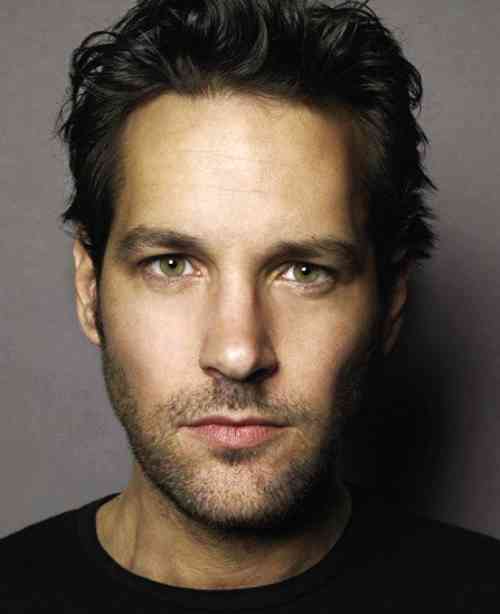Most films with a love angle are about a man falling in love with a woman, wooing and pursuing her despite all sorts of conflicts, until the perfunctory Happy Ending, which is usually capped by a blissfully beautiful wedding scene.
From time to time, however, filmmakers give that formula a well-deserved rest, and focus instead on different expressions of love.
Increasing in trendy popularity of late have been movies about love between men, not just of the eros sort between gays, but of the agape variety showcased in the subtype known as the “bromance” films.
Their popularity may be at an all-time high, but they’ve been around for decades, with “Butch Cassidy and the Sundance Kid” (1969) leading the way. How could the cowboy flick not have become a hit, with Paul Newman and Robert Redford headlining?
Other “buddy” capers that clicked with viewers include “Wayne’s World,” “Wedding Crashers,” “Lethal Weapon” and “The Lord of the Rings.”
In that whimsical film franchise, the bromance between Frodo (Elijah Wood) and Sam (Sean Astin) began way back in 2001 and flourished for over a decade, despite or perhaps because of the daunting rigors of their journey through Middle Earth to Mount Doom, with the series’ precious ring in hand.
Despite the popularity of those “bromantic” predecessors, however, some film buffs believe that the most exuberant “buddy” flick of them all is the relatively recent “I Love You, Man,” costarring Paul Rudd and Jason Segel.
In the antic and idiosyncratically romantic flick megged by John Hamburg, Rudd plays Peter, a “good” guy who’s about to get
married, and Segel is Sydney, a big, brash force of nature who shows him the “fun” he’s been missing throughout his cautious existence.
In the process, however, he “transforms” his new best buddy so thoroughly that the impending wedding is put at risk!
The hugely likable movie, which was shown on TV recently, is a fun and instructive viewing experience, because its storytelling ends with both “good” and “bad” buddies
experiencing a seminal change—differently, but all for the better.
They initially “connect” because they share a love for the rock anthems of the Rush band, but it turns out that, despite the bungling detours they make, their even more numerous points of departure are what deepen their “bromantic” bond.
Having seen how the other half lives and loves, they separately see with greater clarity what they lack and need to adjust, so they end up helping each other change for the better. Which is what honest and loving friends are supposed to do!
